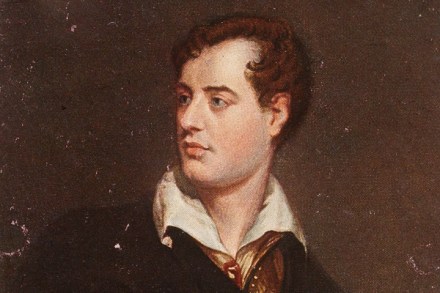Climate change | 14 March 2019
In Competition No. 3089 you were invited to put your own spin on a weather forecast. The seed for the task came from the Master Singers’ take on a weather report, soothingly intoned in the style of an Anglican chant. But as one competitor reminded me there is also that 1970s gem, courtesy of










